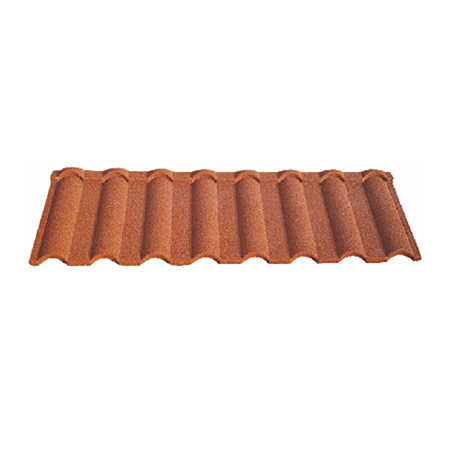
Nov . 28, 2024 04:57 Back to list
Guide to Installing Rolled Asphalt Roofing Efficiently and Effectively
Installing Rolled Asphalt Roofing A Comprehensive Guide
Rolled asphalt roofing, often referred to as rolled roofing, is a popular choice for many homeowners and builders due to its ease of installation and cost-effectiveness. This type of roofing is particularly beneficial for low-slope roofs or structures such as sheds and garages. In this article, we will discuss the key steps involved in the installation of rolled asphalt roofing, the materials required, and some tips to ensure a successful roofing project.
Understanding Rolled Asphalt Roofing
Rolled asphalt roofing typically comes in large rolls of materials that are composed of asphalt-saturated felt or fiberglass, making it waterproof. The rolls are generally 36 inches wide, which allows for easy handling and application. While it may not have the same longevity as other roofing materials, such as shingles or metal, rolled roofing is an economical option that can provide effective protection against the elements if installed correctly.
Materials and Tools Required
Before starting the installation, gather the necessary materials and tools
Materials 1. Rolled asphalt roofing 2. Asphalt roofing cement 3. Roof underlayment (optional) 4. Nails or roofing screws 5. Flashing material
Tools 1. Utility knife 2. Measuring tape 3. Hammer or nail gun 4. Straightedge or chalk line 5. Ladder for accessing the roof
Step-by-Step Installation Process
1. Preparation of the Roof Surface Begin by ensuring that the roof surface is clean, dry, and free of any debris. Any old roofing material should be removed, and any damaged wood should be replaced. If you are installing over an existing roof, make sure it is stable enough to support the new roofing.
rolled asphalt roofing installation

2. Underlayment While optional, adding an underlayment can enhance the water-resistance of your roof. Lay down the underlayment, overlapping the sheets by at least 6 inches and securing them with roofing nails.
3. Measuring and Cutting the Rolled Roofing Roll out the rolled roofing material on the ground to measure the lengths you need. Cut the rolls to the appropriate length, typically enough to cover the roof from the eave to the ridge. Be mindful to allow for slight overlap on each row to ensure proper water drainage.
4. Installing the First Row Start at the lowest point of the roof (the eave) and unroll the first length of roofing. Align it carefully, allowing it to overhang the roof edge by about an inch. Secure the roofing with roofing nails placed approximately every 12 to 18 inches along the edges and through the middle.
5. Applying Asphalt Roofing Cement After securing the first row, apply asphalt roofing cement along the seams to create a waterproof seal. This step is crucial to prevent leaks.
6. Continue Installing Additional Rows Repeat the process for each subsequent row, overlapping each new row by 6 inches over the previous one. This overlap is vital for ensuring that water flows off the roof rather than seeping underneath.
7. Finishing Touches Once you have covered the entire roof, install flashing around chimneys, vents, and any other roof penetrations to prevent water intrusion. Use asphalt cement to seal these areas thoroughly.
8. Final Inspection After all materials are installed, conduct a thorough inspection of the roof to ensure that everything is secure, and there are no potential leaks. Clean up any excess materials and tools from the site.
Conclusion
Installing rolled asphalt roofing is a practical solution that can be accomplished with some basic tools and materials. While it may not be as durable as other roofing types, it is an affordable option for many structures. By following the steps outlined above, you can ensure that your rolled roofing installation is successful and provides reliable protection for years to come. Always remember, safety first; use proper ladders and gear when working on rooftops, and don’t hesitate to consult professionals if you’re unsure about any aspect of the installation process.
-
Rubber Roofing Shingles - Durable & Weatherproof SBS Rubber Asphalt Shingles for Homes & Businesses
NewsJul.08,2025
-
Crest Double Roman Roof Tiles – Durable, Stylish Roofing Solution at Competitive Prices
NewsJul.08,2025
-
T Lock Asphalt Shingles Durable Roofing Solution for Long-lasting Protection
NewsJul.08,2025
-
Top Stone Coated Metal Roofing Suppliers & Manufacturers Durable Stone Coated Metal Tile Solutions
NewsJul.07,2025
-
How Many Bundles of Asphalt Shingles in a Square? Fast Roofing Guide & Tips
NewsJul.07,2025
-
How Long Should a Cedar Shake Roof Last? Expert Guide & Replacement Options
NewsJul.06,2025







